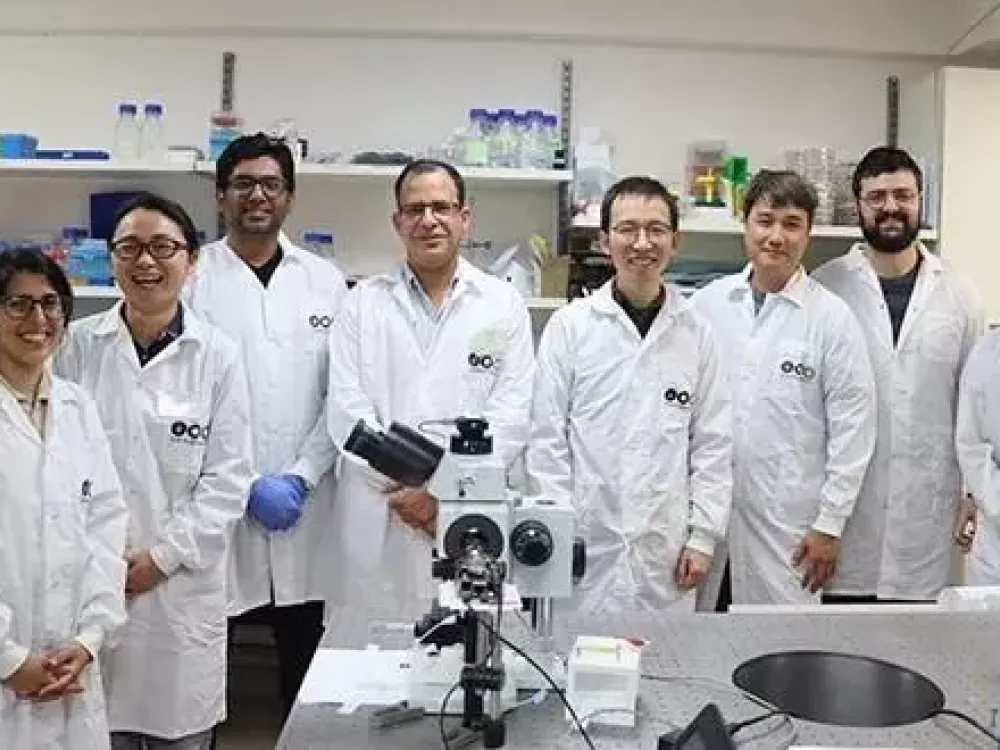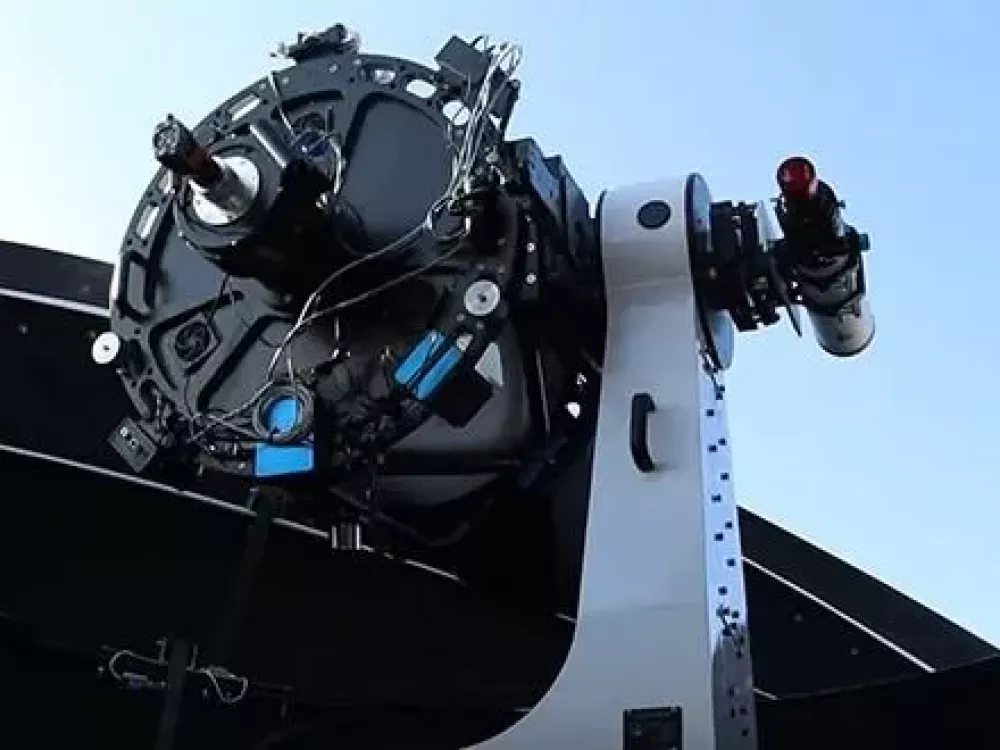
Better maps for better self-driving cars?
New research on object detection breaks with long-held principles of radar technologies
Radar technologies were originally designed to identify and track airborne military targets. Today they’re more often used to detect motor vehicles, weather formations and geological terrain.
Until now, scientists have believed that radar accuracy and resolution are related to the range of frequencies or radio bandwidth used by the devices. But a new Tel Aviv University study finds that an approach inspired by optical coherence tomography (OCT) requires little to no bandwidth to accurately create a high-resolution map of a radar’s surrounding environment.
“We’ve demonstrated a different type of ranging system that possesses superior range resolution and is almost completely free of bandwidth limitations,” says Prof. Pavel Ginzburg of TAU’s School of Electrical Engineering, one of the principal authors of the study. “The new technology has numerous applications, especially with respect to the automotive industry. It’s worth noting that existing facilities support our new approach, which means that it can be launched almost immediately.”
The new study was conducted jointly by Prof. Ginzburg, Vitali Kozlov, Rony Komissarov and Dmitry Filonov, all of TAU’s School of Electrical Engineering.
Preventing the traffic jams of the future
It was commonly believed that radar resolution was proportional to the bandwidth used. Meaning, a good, accurate radar, required a lot of bandwidth, something that could become a limited resource in the future.
“Our concept offers solutions in situations that require high-range resolution and accuracy but in which the available bandwidth is limited, such as the self-driving car industry, optical imaging and astronomy,” Kozlov explains. “Not many cars on the road today use radars, so there’s almost no competition for allocated frequencies. But what will happen in the future, when every car will be equipped with a radar and every radar will demand the entire bandwidth?
“We’ll find ourselves in a sort of radio traffic jam. Our solutions permit drivers to share the available bandwidth without any conflict,” Kozlov says.
The TAU researchers have now demonstrated that low-bandwidth radars can achieve similar performance at a lower cost and without broadband signals by exploiting the coherence property of electromagnetic waves. The new “partially coherent” radar, which uses significantly less bandwidth, is as effective as a standard “coherent” radars in experimental situations.
Using radar for rescue
“Our demonstration is just the first step in a series of new approaches to radiofrequency detectors that explore the impact of low-bandwidth radars on traditional fields,” Prof. Ginzburg concludes. “We intend to apply this technology to previously unexplored areas, like rescue operations — sensing if an individual is buried in a collapsed building — or street mapping — sensing if a child is about to cross the street behind a bus that conceals him.”
Research for the study was supported by an ERC grant and Kamin, and it was conducted at TAU’s Radio Physics Laboratory’s anechoic chamber.
Related posts


Elevate Your Future with TAU’s Pioneering MSc Programs in Engineering

Breaking the Mould – From Rabbinical Studies in South Africa to Postdoctoral Fellow at Tel Aviv University’s School of Mechanical Engineering.


Tiny Robot Navigates in Physiological Environment and Captures Targeted Damaged Cells

Prof. Dan Peer Appointed as Member of the Prestigious American National Academy of Engineering

First Satellite Observatory for Quantum Optical Communication in Israel

